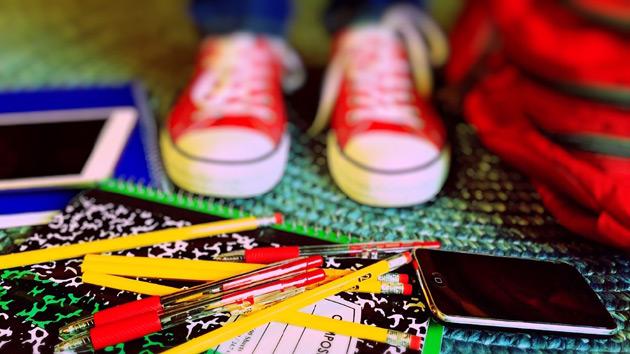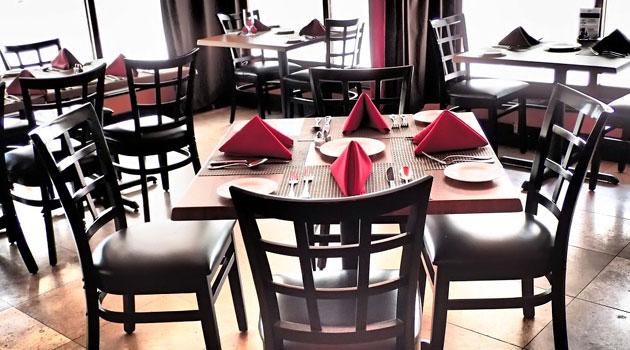Czech court reviews alleged racial discrimination during first-grade enrollments

On Friday the Ostrava edition of Czech Television’s “News in the Regions” program focused on a case of alleged racial discrimination against Romani pupils at Pěší Primary School in Ostrava-Muglinov which is now being reviewed by the courts. In January 2014, two incoming Romani first-graders were allegedly rejected by the school for enrollment for the 2014/2015 school year because the school allegedly intended to limit the number of Romani children in the incoming first-grade cohort.
The school is alleged to have subjected the children to a test which neither boy was able to complete and to have rejected them on that basis, even though they were enrolling into their catchment school. Principal Kamil Krahula has rejected the lawsuit as unfounded.
Almost 40 % of the pupils enrolled in the school are Romani, and the principal says he does not discriminate against anybody. The reportage by Czech Television about the alleged discrimination reveals that nobody in the school management knew that the enrollments into first grade back on 16 January 2014 were being secretly recorded by a Romani activist.
The Romani activist monitored whether racism was happening in selected primary schools around Ostrava. A recording of the activist’s interview with the principal allegedly documents racial discrimination during the enrollments of Romani pupils into first grade, but the activist does not want to publicize the evidence yet.
Krahula stands by his assertion that no discrimination has happened, “at least, certainly not from my side”, as he told Czech Television. The principal opened one class for the first-graders in 2014/2015 with a capacity of 30 pupils total, which was filled.
Nine more pupils then showed up for first-grade enrollments. It was proposed that they take a knowledge test in order to further categorize them.
The parents of the boys who are now suing objected to the fact that the boys were subjected to the test, alleging that to do so was discriminatory. In March 2016 the families of both boys attempted to reach a reconciliation with the school management on the issue.
The Romani families wanted an apology. The principal refused to give them one.
The lawsuit was then filed. In addition to an apology, the families are each seeking CZK 50 000 in compensation.
Kumar Vishwanathan, the director of the Vzájemné soužití (Life Together) organization, who was a co-author of the project to test whether racism exists in the primary schools, has rejected the notion that the Romani pupils at this particular primary school were discriminated against in this case. Be that as it may, Šárka Dušková, the families’ legal representative, told Czech Television that “We are doing our best to point out that tests of school readiness are not criteria for whether a primary school accepts a pupil for enrollment. Attending primary school is both a child’s obligation and a child’s right. Each child has the obligation and right to attend the primary school of his or her choice, and also is entitled to a place in his or her catchment school.”
All children have the right to attend their catchment school
Štěpán Vidím Drahokoupil, coordinator of the education program of Open Society Fund Prague, in response to a Czech Television reporter’s questions, pointed out that principals today face many pressures, whether from parents or school establishers (most of which are municipalities), but while there may be various perspectives among these stakeholders as to whether a given school is supposed to educate Romani pupils or not, nothing should ever prevent Romani children from exercising their right to attend their catchment school, in his view. According to Alice Tancošová, a teaching assistant at the Chrastová Primary School in Ostrava, Romani parents are currently motivated to enroll their children into mainstream primary schools “so their education will be meaningful”, in that their children will leave compulsory education and be able to enroll into high schools offering exit examinations, be able to successfully pass them, and then qualify for applying to higher education.
Romani parents are said to be seeking preschool preparations for their children to ready them for enrolling into mainstream primary schools as well. “They have to be able to answer, when asked, what their name is and where they live, they have to relax their hands, mainly at the wrist, in order to know how to grasp and hold onto a pencil, they have to recognize colors and shapes, and naturally they have to know their numbers,” she said.
